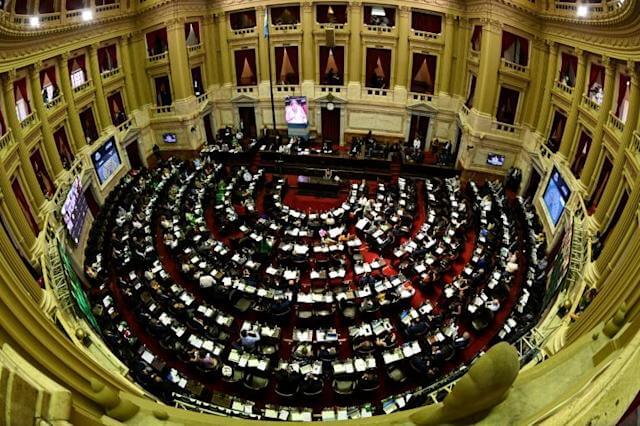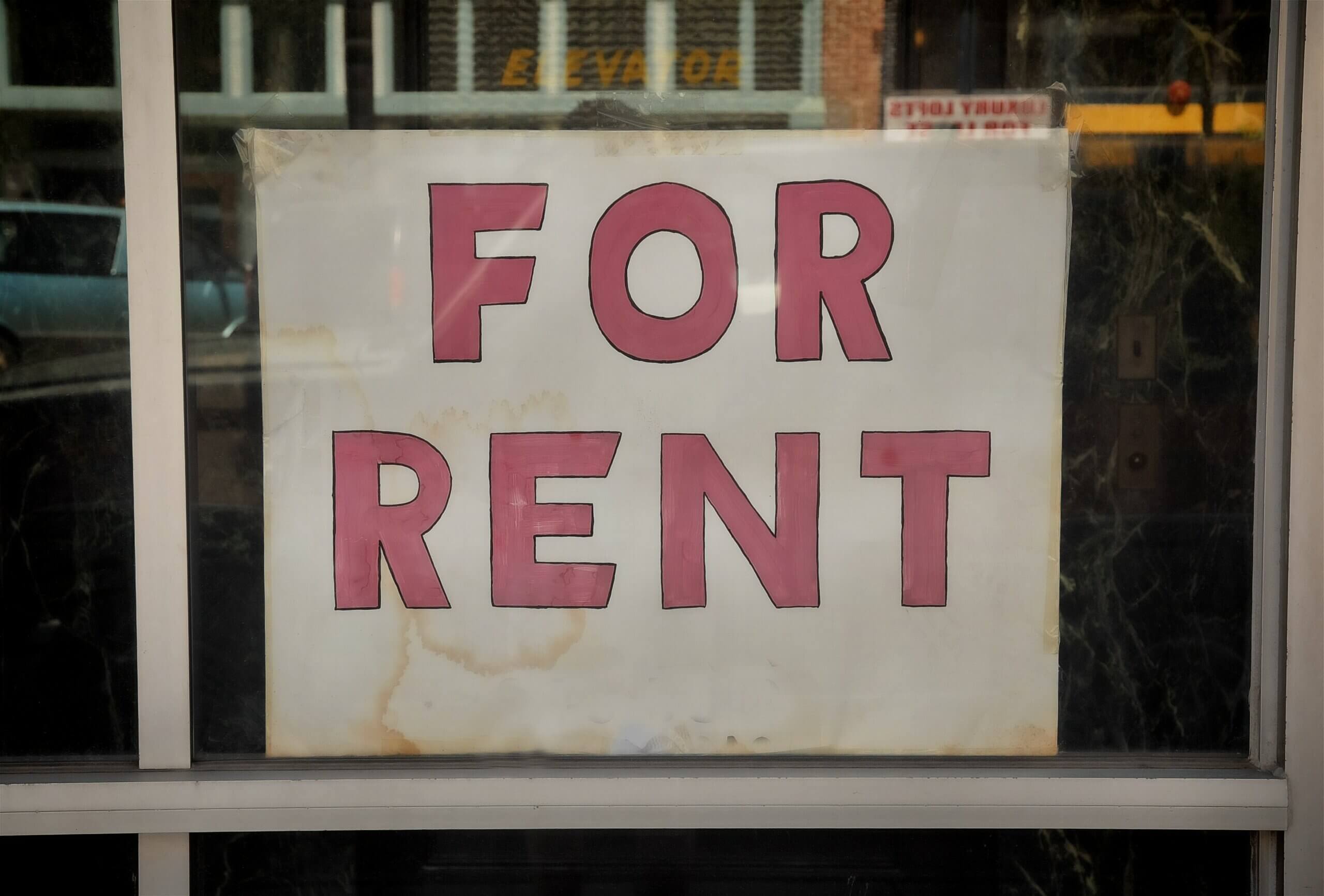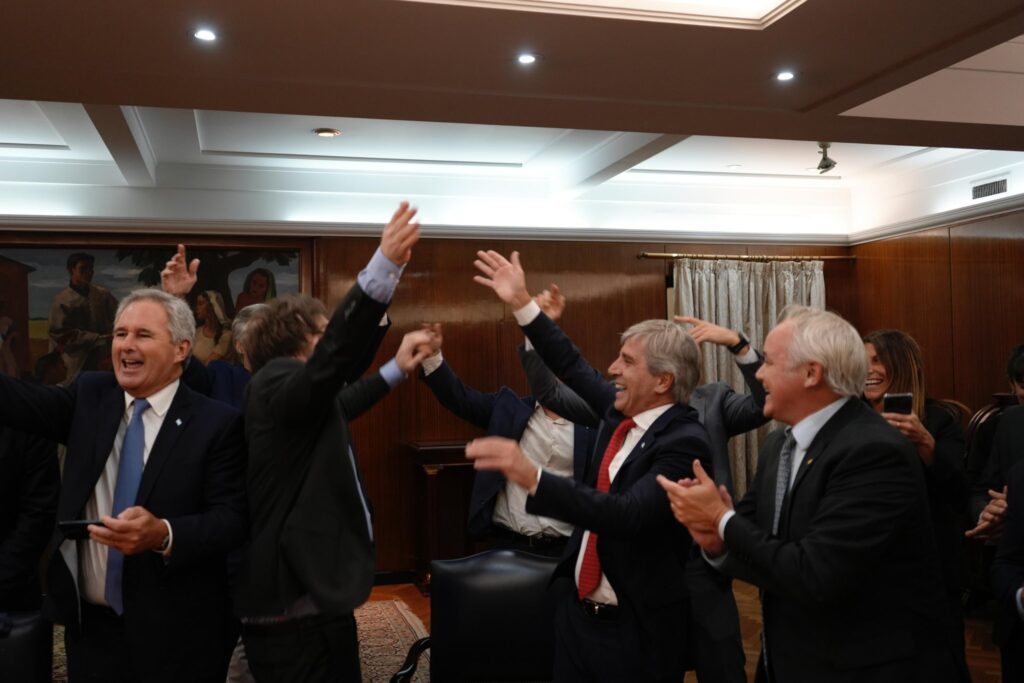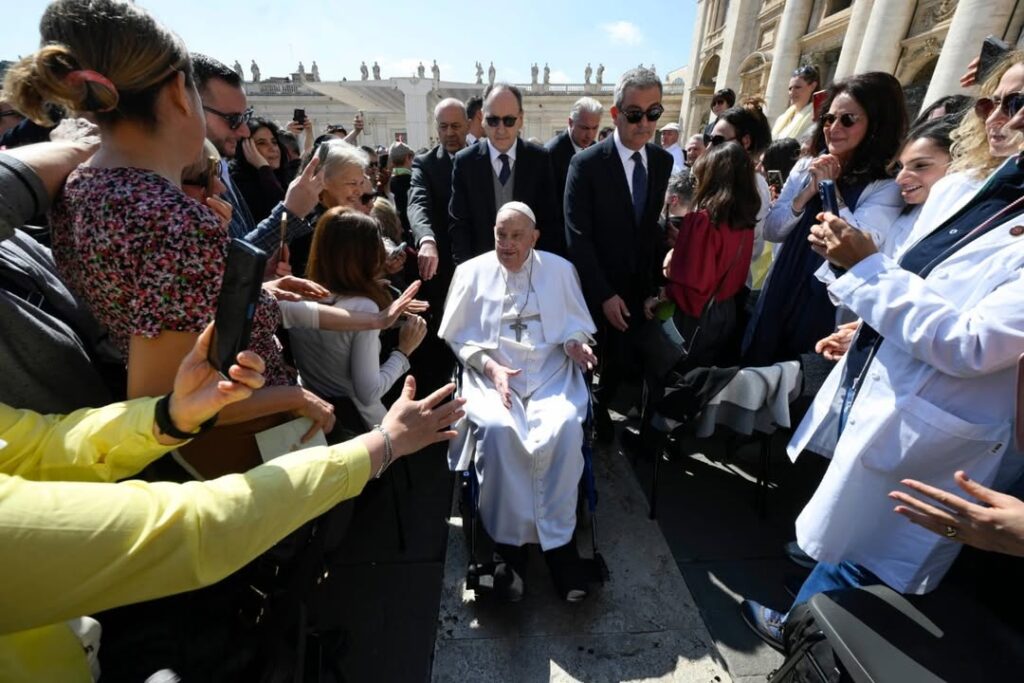After many complaints from tenants, landlords and the real estate market, a group of Argentina lawmakers last Friday presented a bill in Congress to reform a controversial housing law approved in June 2020 at the height of the COVID-19 pandemic.
The 2020 law tied rent increases to the inflation rate, and with inflation currently spiraling out of control in Argentina, lawmakers on all sides are clamoring to find replacement legislation that can ease the pain for Argentines.
A history of the recent rent legislation in Argentina
In the summer of 2020, Congress passed a long-awaited rent bill that was supposed to make rent easier by standardizing rent increase rules that historically hadn’t been regulated, with the aim of helping both tenants and landlords.
The most controversial measure at the time stated that rent had to be adjusted once a year with a formula that took into account 50% of wage evolution rates and 50% of yearly inflation rates (both measured by governmental institutions).
This measure instantly lifted initial rent fees and created a problem for tenants: each year they had to face a close-to 50% raise in their rent contracts due to inflation.
Before the 2020 law, tenants were able to negotiate the rent rates with their landlords on a case by case basis. The law also extended the minimum length of contracts from two to three years, making it harder for tenants and landlords alike to cancel a rent agreement.

What the reform bill hopes to achieve
The reform bill, led by representative José Luis Gioja, a member of current President Alberto Fernández’s Justicialist Party, wants to establish maximum initial rent fees and 15-year tax exemptions for landlords.
The one-time senate president and former governor of the western San Juan province stated that “the 2020 legislation was criticized by its authors a minute after its approval. We pretend to strengthen and make more transparent the real-estate market in order to facilitate access to rent.”
The new proposed legislation, presented last Friday, was unforeseen in Congress and has sparked debates from multiple viewpoints. Although this particular law may not come to pass, it has worked as a trigger to initiate discussion in Congress about reforming the 2020 law.
Opponents of the latest reform bill are arguing for other solutions to the 2020 rent legislation.
A right-wing coalition wants to abolish it and present a new bill: representative Margarita Stolbizer, member of the Encuentro Federal party tweeted last Friday: “The 2020 law only caused problems for tenants and landlords. It’s necessary to abolish it and reactivate the real-estate market so more people have access to housing.”
On the other hand, Sergio Massa, President of the House of Representatives and member of Frente De Todos, the ruling coalition that also includes President Fernández’s Justicialist Party, wants to suspend the 2020 law for 90 days and reinstate the old order while Congress works on an updated law, a move which unveils more division in the ruling coalition to which President Fernández belongs.











